Florida is Ground Zero for climate change, and Miami is one of the most vulnerable cities globally to be impacted by it. The effects of climate change are varied and include sea level rise, increased flooding, heat waves and vector-borne diseases, increases in hurricane intensity and rainfall, and transformation of natural ecosystems. The 2017 Climate Science Special Report: “Fourth National Climate Assessment — South East Region,” indicated that natural ecosystems will be transformed by climate change, affecting species distribution as well as availability of ecological resources.
Just as these impacts will affect the people living in South Florida, they will also affect birds and other wildlife living here. According to the Florida Climate Institute:
25% of the 1,200 species tracked by the Florida Natural Areas Inventory are likely to lose at least half of their habitat due to sea level rise only
Even though Florida species have migrated and adapted to climate change in the past, their ability to continue adapting has been seriously compromised due to the significant changes in the landscape. Scientific analysis indicates that up to 76% of 236 surveyed species were deemed unlikely to be able to relocate inland in response to sea level rise
Several keystone species are particularly vulnerable to the impacts of climate change and their loss could have cascading impacts on natural communities
The Everglades is particularly vulnerable to the impacts of climate change
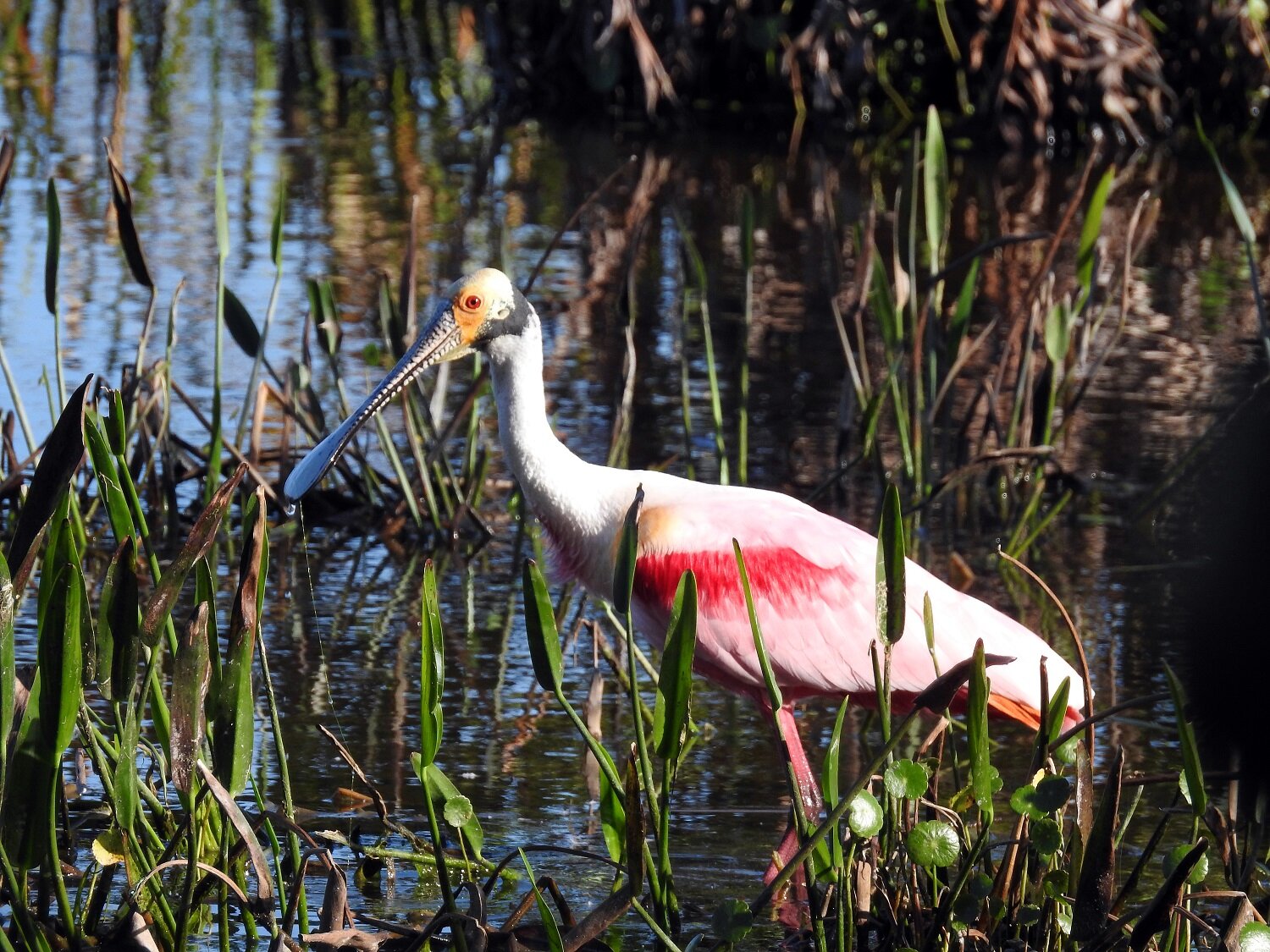
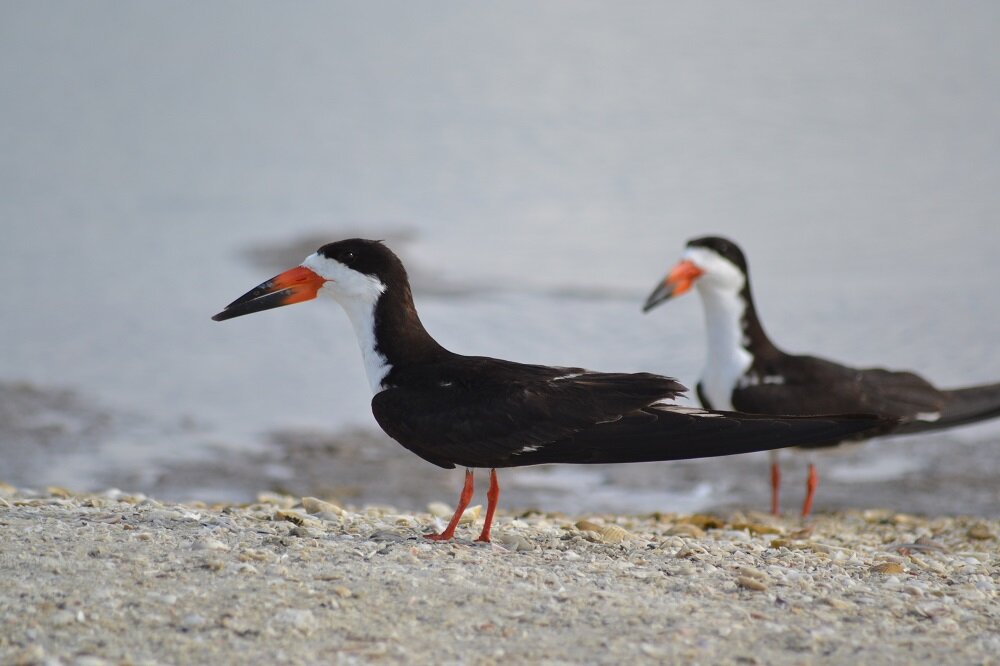
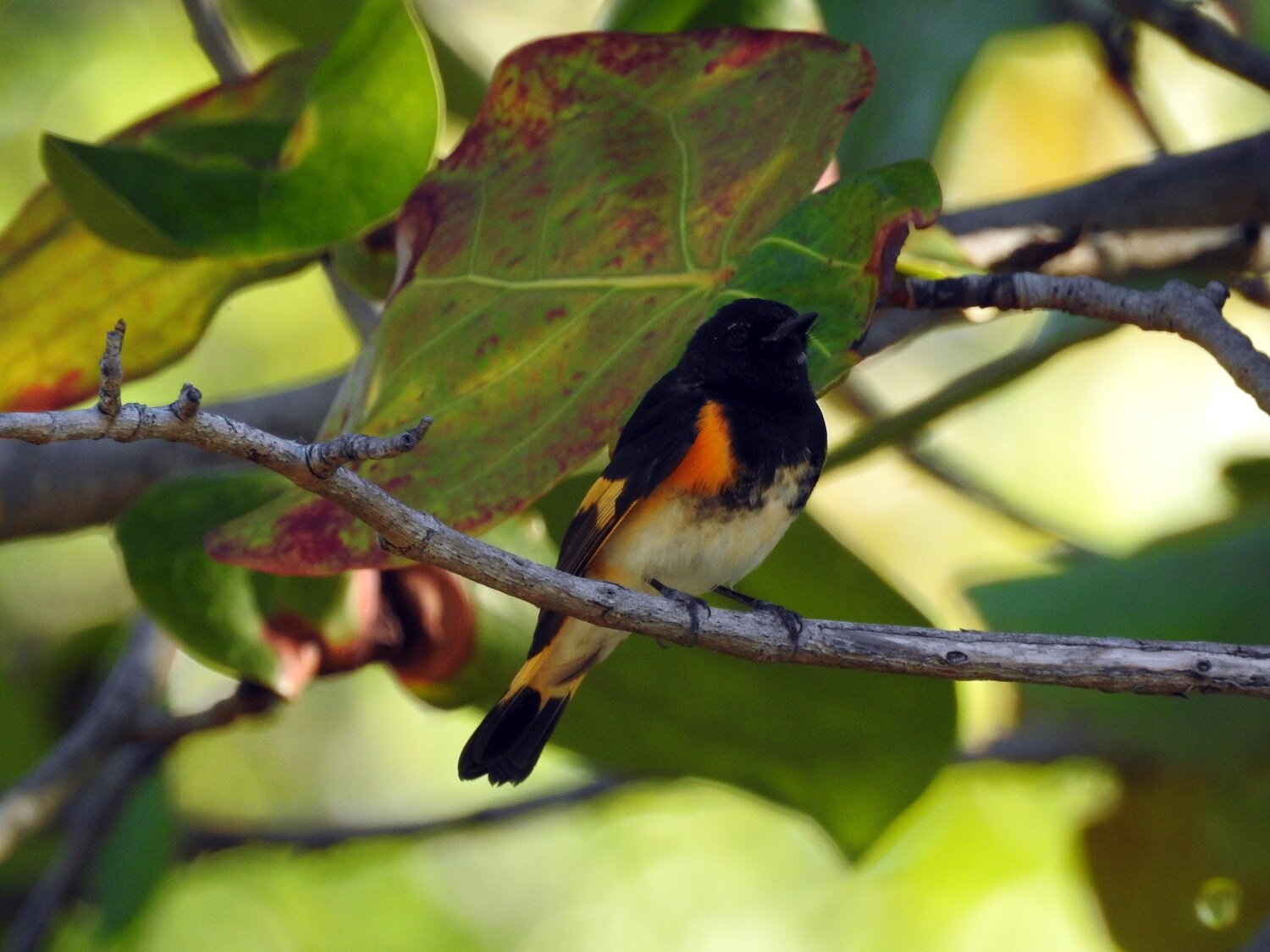
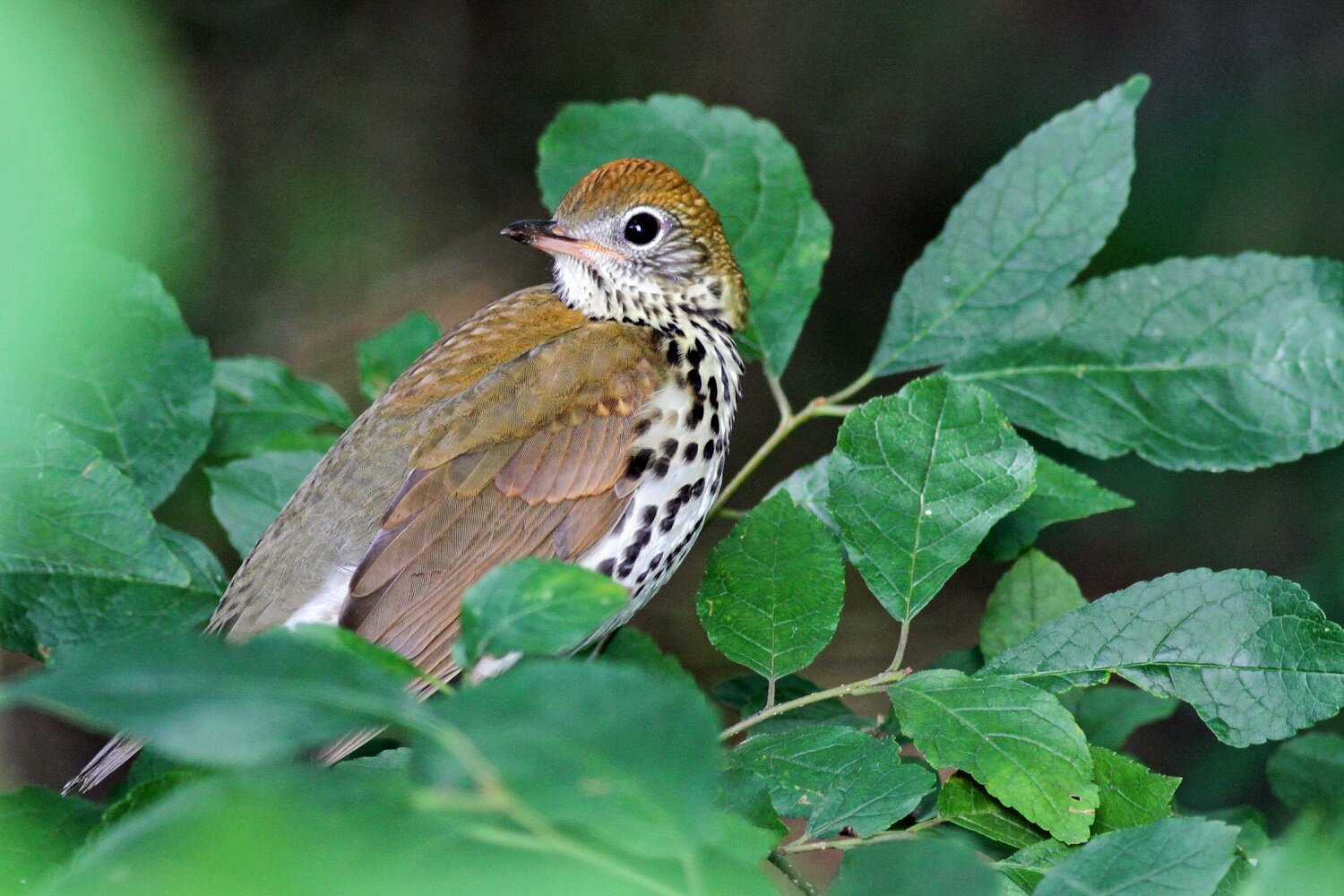
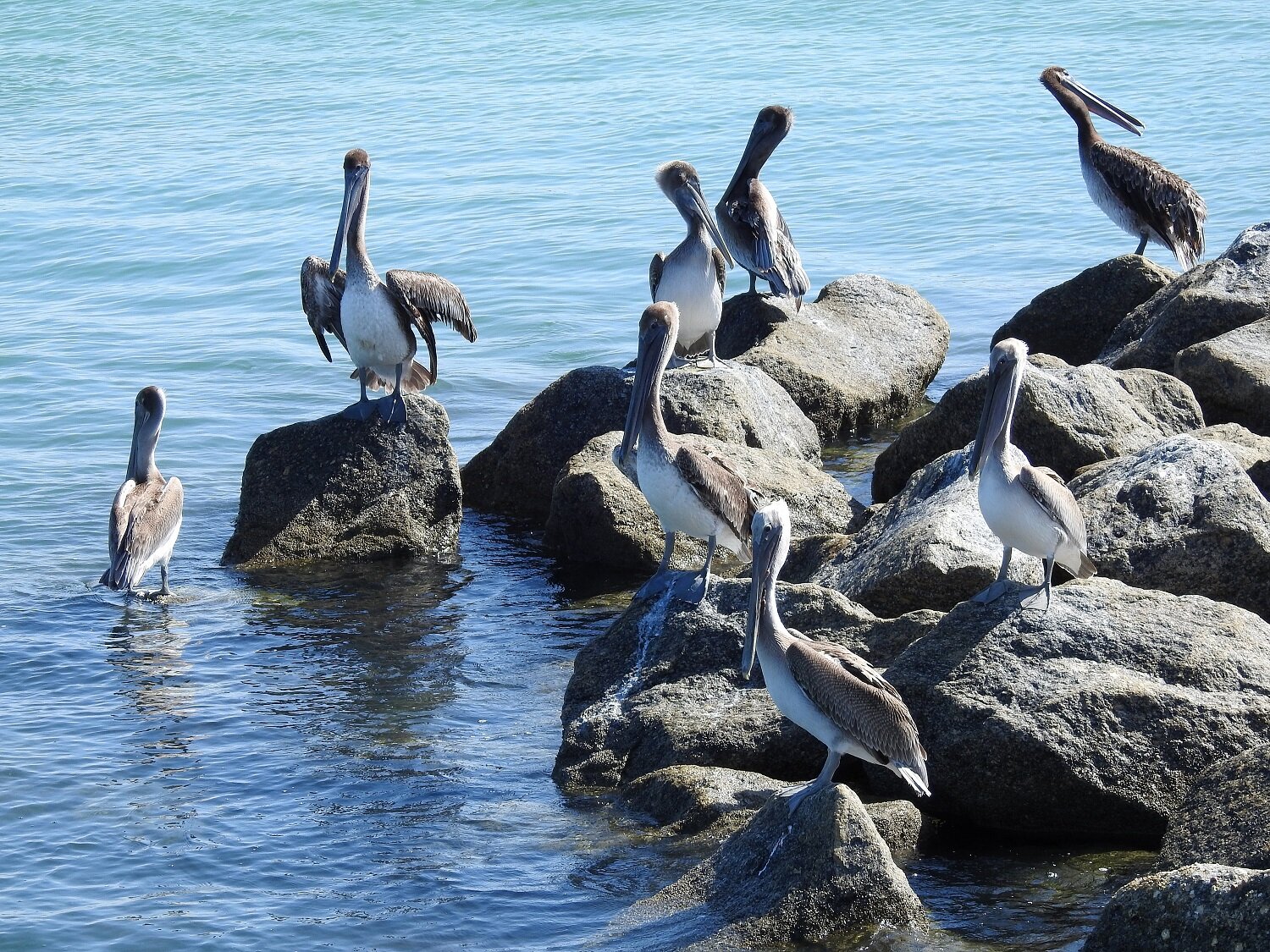
In 2019, National Audubon Society conducted a comprehensive study of the impacts of climate change on birds in North America, culminating in the flagship report: Survival by Degrees. The report analyzed more than 140 million observations, from more than 70 data sources to assess three different climate scenarios. It reached the sober conclusion that 389 species in North America are at the brink of extinction. It also concluded that climate change mitigation could substantially reduce the threats of climate change to bird populations, under the scenario of less than 1.5 o C. Under this climate change scenario bird vulnerability would decrease substantially. We invite you to explore Audubon Florida’s interactive webpage to explore the impacts of climate change on various bird species.
Tropical Audubon Society is concerned about the impacts of climate change in Miami-Dade County both for humans and wildlife. We continue to raise awareness about these impacts, and advocate for actions in climate change adaptation and mitigation. Climate change adaptation includes nature-based adaptation measures that will be required not only to protect our shorelines, but also to increase our permeable inland surfaces. Supporting climate mitigation efforts at the county level is crucial to drive bottom-up action to address the causes of climate change and support measurable policies at the state level.
Please read our letter to the U.S. Army Corps of Engineers in which TAS advocates for an increased inclusion of natural and Nature-based features in the “Miami-Dade Back Bay Coastal Storm Risk Management Draft Integrated Feasibility Report and Programmatic Environmental Impact Statement.” The inclusion of these features will better protect Miami-Dade County from storm risks, and also provide multiple ecosystem services and habitat for birds and other wildlife.
Banner photo: Black Skimmer by Luis A. Gonzalez

